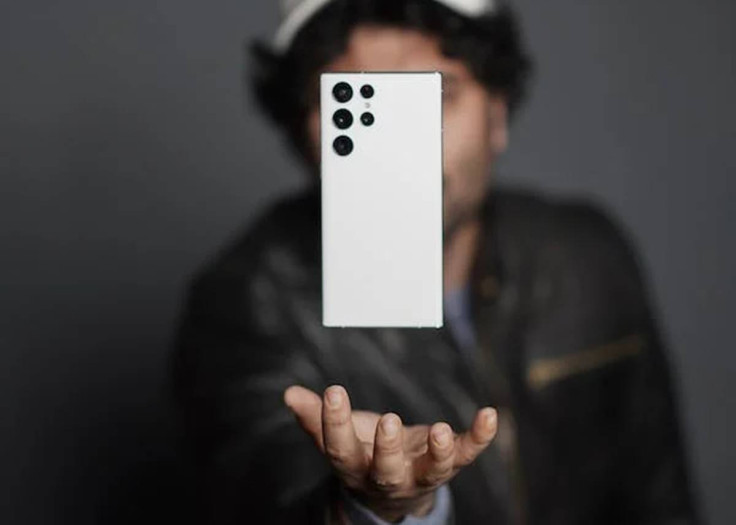Apple iPhone 14 Pro outperforms Samsung Galaxy S23 Ultra in Benchmarks
Latest performance Benchmarks suggest Apple's iPhone 14 Pro is 21 percent faster than Samsung's newly launched Galaxy S23 Ultra.
Samsung unveiled the much-awaited Galaxy S23 series of smartphones during its Unpacked 2023 event. However, the highest-end Galaxy S23 Ultra stole the show. Much to the chagrin of Samsung fans, the Ultra model hasn't hit the store shelves yet.
Nevertheless, some recently surfaced benchmarks for the Galaxy S23 Ultra suggest it is slower than the iPhone 14 Pro in terms of performance. To recap, Apple launched the iPhone 14 Pro last year. It still reportedly outperformed Samsung's flagship smartphone in single-core, as well as multi-core tests.
The iPhone 14 Pro beat the Galaxy S23 Ultra hands down in the performance department in recent benchmarks (via CompareDial). The Galaxy S23 Ultra is a premium smartphone that packs a customised Qualcomm Snapdragon 8 Gen 2 processor. Apple's iPhone 14 Pro, on the other hand, uses an A16 Bionic chip to draw its power.
iPhone 14 Pro Over 20% Faster Than Samsung Galaxy S23 Ultra in Benchmarks
— TiE (@Techinfoeditor) February 8, 2023
Geekbench scores for single-core performance discovered by CompareDial, Galaxy S23 Ultra scored 1480, while iPhone 14 Pro, achieved 1874- 21.02% faster than Galaxy S23 Ultra in single-core tests: mR pic.twitter.com/5CVS5wBn2A
To those unaware, the A16 Bionic is currently the fastest SoC on an iPhone. According to a report by CompareDial, the iPhone 14 Pro is up to a whopping 21 percent faster than Samsung's Galaxy S23 Ultra in the single-core test. This piece of information comes from leaked Geekbench scores of the Galaxy S23 Ultra.
The iPhone 14 Pro gained 1,874 points in the single-core test, whereas the Galaxy S23 Ultra scored just 1,480 points. This implies the iPhone 14 Pro packs a faster mobile processor compared to the Galaxy S23 Ultra. Furthermore, the iPhone 14 Pro scored 5,384 points in the multi-score test, while its Samsung counterpart managed to get only 4,584 points.
If these benchmarks are anything to go by, Apple has around a 15 percent lead over the Korean tech giant in multi-core performance. This gap is wider in the single-core tests. A separate report by GSMArena suggests the Galaxy S23 Ultra scored higher than its predecessor, Xiaomi 12 Pro, and the Xiaomi 12S Ultra.
However, the report reveals that the Galaxy S23 Ultra scored lower than the Nubia Red Magic 8 Pro and iPhone 14 Pro Max in single-core tests. Even in the multi-core tests, iPhone 14 Pro Max beat the Galaxy S23 Ultra, which scored more than Nubia and Xiaomi smartphones.
The Samsung Galaxy S23 comes with a Snapdragon chipset in all regions. However, it is worth mentioning here that software and hardware optimisation play a vital role in a handset's day-to-day performance.
Apple is reportedly working on the next generation of chipsets, and it will be interesting to whether they too will outperform the next-gen Qualcomm chipsets.

© Copyright IBTimes 2025. All rights reserved.






















